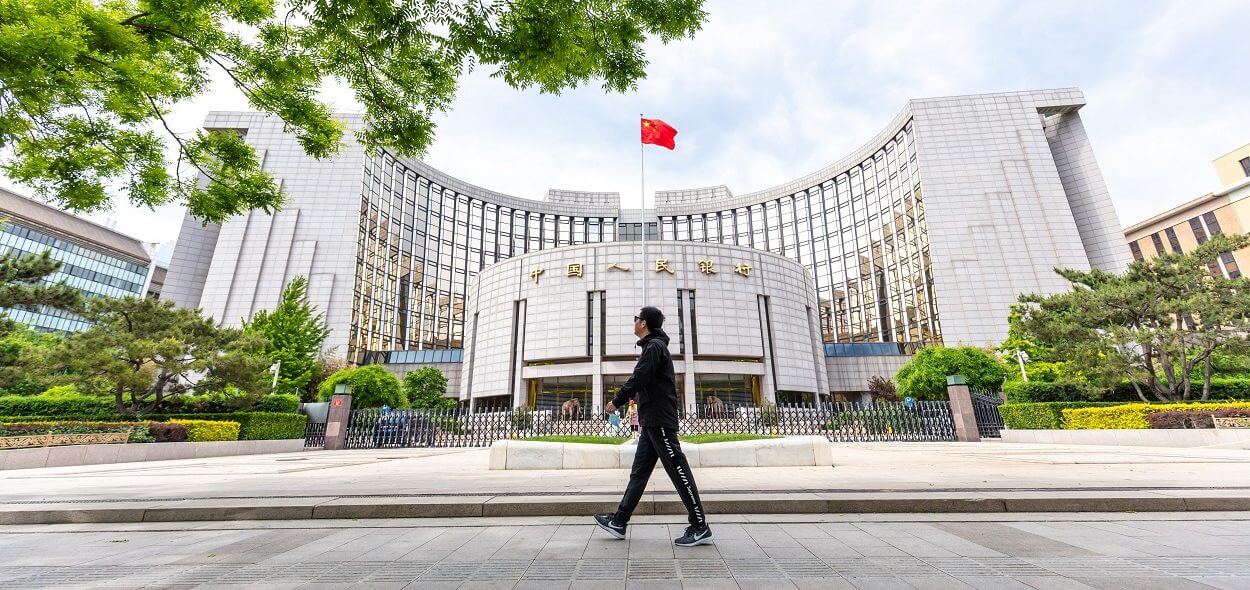China, like many other governments around the world, is seeking to strengthen its financial safety and stability through increased government financial oversight.
On Tuesday, March 7, the National People’s Congress introduced a bill that would consolidate government oversight over China’s banking, fintech, and data industries into one new regulator. Updates can be expected early this week as delegates vote on a final version of the bill.
This update comes as Chinese president Xi Jinping secures an unprecedented third term. He seeks to consolidate and strengthen Chinese financial power in face of increasing global fiscal challenges. The inclusion of data regulation and oversight in this bill suggests that president Xi also recognizes the importance of data as a Chinese strategic asset.
The new bill sets up a new government regulatory agency that will consolidate the power of a number of regulatory agencies into one central body. The new financial regulatory authority will replace the China Banking and Insurance Regulatory Commission (CBIRC). The new regulatory body will also assume some duties currently handled by the People’s Bank of China (PBoC) and may also encompass the duties of the China Securities Regulatory Commission (CSRC).
This consolidated regulator will be named the National Financial Regulatory Administration.
What is China Aiming To Do?
By setting up the National Financial Regulatory Administration, Beijing hopes to bring greater oversight and regulation to a rapidly growing financial sector. The marriage of finance and technology into fintech has grown into a new market sector so quickly that the government has not yet been able to set standard policies and regulatory procedures in place.
The lack of secure regulations has led to some challenges arising and in some cases a mismanagement of financial assets from some of China’s largest fintech companies. An example of this can be seen with the Ant Group.
Who Currently Oversees the Financial Sector in China?
Currently, several different government bodies oversee the Chinese fintech sector.
- The China Bank and Insurance Regulatory Commission oversees, like its name suggests, the country’s banking and insurance markets. The new agency would oversee all the same market sectors that the CBIRC currently covers, except for the securities industry.
- The China Securities Regulatory Commission (CRSC) oversees the country’s security market. The CRSC would stay under the new regulatory agency and would continue to oversee securities. However, there would be one key change. Currently, the CRSC is a quasi-private regulatory commission; under the new law it would become a government body.
- The People’s Bank of China would take on a greater regulatory role in balancing the country’s currency and inflation levels. The country has struggled with inflation and low GDP growth in the wake of the country’s zero-Covid policies, and the PBOC wants to take on a role similar to the US’ Federal Reserve to balance monetary supply and stimulate the Chinese economy.
What is the Purpose of Setting up the New Regulatory Financial Body?
The financial and fintech industries have grown exponentially in the past decade, leaving regulations falling behind the pace of the market. Because of this light regulation and post-Covid market turmoil, the Chinese financial industry and securities markets have seen companies use loopholes and take advantage of the laxed regulations in the last few years. This new regulatory body seeks to improve industry safety and security and create better communications between different sectors of the financial industry.
The second reason for the decision is that the Chinese government operates on a system of central control. In creating the National Financial Regulatory Administration, the Chinese government can effectively consolidate three regulatory agencies into one. The hope is that this will improve government cooperation and efficiency. Government agencies are known for not communicating well with each other or working together efficiently – having all regulatory power under one umbrella aims to create a safer, stronger economy for China.
The new agency also aims to use more efficient processes. As a result, the Chinese government projects that it will be able to cut employees across all the old agencies by 5% in the consolidation to the NFRA.
Functions of the New Data Bureau and Impact on the Tech Industry
The same bill that created the financial oversight regulator also wants to create a data bureau to protect and strengthen the country’s data collection and retention policies.
The Chinese government recognizes that the country’s data is one of its biggest assets. In today’s times, he who has the most information has the most power. Data has implications for global and domestic economic strength, technological development, and even national security.
China wants to protect its data interests in 2 main ways. Firstly, they want to protect the data they already have – to keep it safe from the private sector and rival economies who could use the information. Secondly, they also want to increase the data available to them through state-of-the-art collection and retention methods.
President Xi Jinping hopes to use these new data and financial regulators to cement China’s place as a major player on the world economic stage.
Understanding the Chinese Landscape
For you to fully understand the Chinese landscape, you should speak to a partner who understands local regulations and processes. Get in touch with us today and our experts can assist you in your company setup, tax, accounting and more. After helping companies for more than a decade we provide local understanding, with a global mindset.




